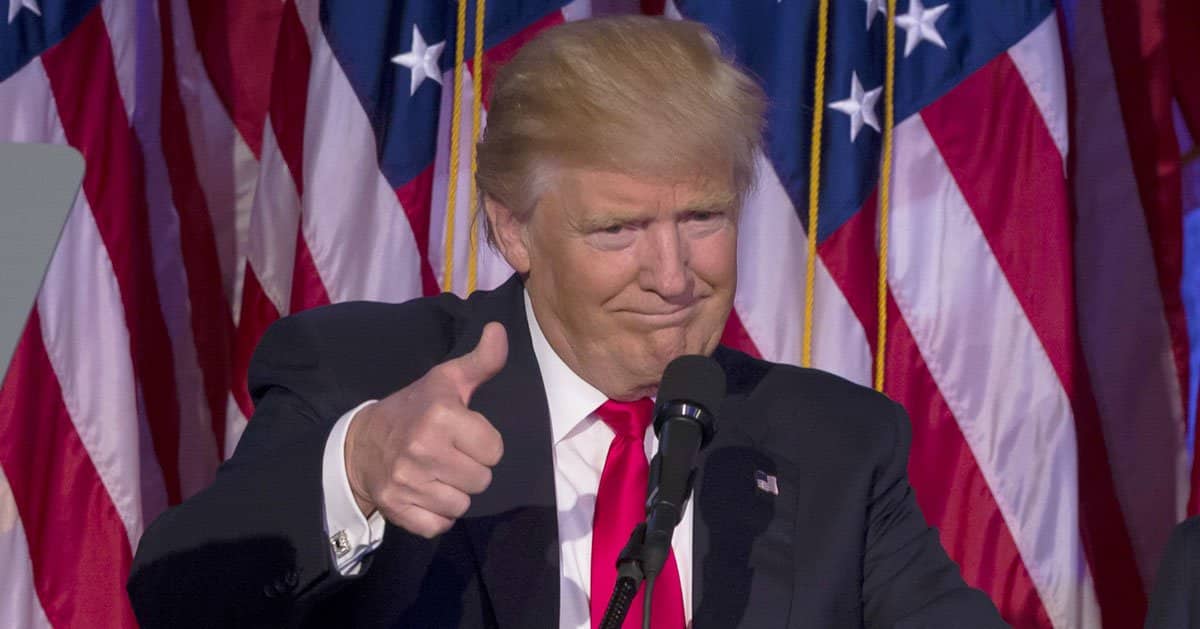








Donald Trump's campaign worked with Elon Musk's X to prevent sensitive information about potential running mate JD Vance from being shared on the platform. The effort resulted in the suspension of journalist Ken Klippenstein, raising questions about the dynamic between Musk and Trump's political objectives.
The Guardian reported that the document at the center of this controversy is a 271-page dossier reportedly compiled by Trump's campaign. It contained sensitive personal details about Vance.
Klippenstein, an independent journalist, attempted to share a link to this document on X, formerly known as Twitter, leading to his account's suspension.
According to platform X, the document shared contained sensitive personal information like Vance's social security number and address, justifying the blocking of links.
Klippenstein criticized this decision, stating, "The real election interference here is that a social media corporation can decree certain information unfit for the American electorate."
The document's origin traces back to a hacking incident linked to Iran, as per FBI investigations. Many media outlets reportedly received this leak but refrained from publicizing it. Not only was taking information from Iran unethical, the documents continued Vance's personal information including his social security number.
Leftists are now complaining about Elon Musk's ownership and control over X in light of this story which is ironic considering how leftists responded to the release of information on Hunter Biden's laptop which was not hacked by Iran but rather abandoned.
Musk openly supports Trump and has attended rallies alongside him. At one such event in Pennsylvania, Musk declared that he was not just a supporter of Trump's policies but was an active proponent of the "dark Maga" movement.
In his comments at the rally, Musk expressed strong partisan views, asserting that "if Trump doesn't win, this will be the last election." He accused Democrats of wanting to restrict fundamental rights, including free speech and the right to bear arms.
The removal of Klippenstein from X was reversed after significant media attention. In reflecting on the situation, Klippenstein emphasized the importance of maintaining two sacred rights: freedom of speech and assembly, both online and offline.
Klippenstein failed to explain how it was freedom of speech to doxx the personal information of a Senator and the running-mate of a presidential candidate.
Elon Musk's involvement in the Trump campaign is far-reaching, as evidenced by his company's financial backing.
America's PAC, which Musk is associated with, has invested $80 million in support of Trump's bid for re-election in 2024. This monetary support underscores the considerable influence wielded by wealthy individuals and corporations in American politics.
The situation with Klippenstein raised questions not just about corporate control over information but also about the potential bias in these actions. With major social platforms serving as crucial spaces for public discourse, the mechanisms in place for handling sensitive information continue to draw scrutiny.
This dynamic between Trump's campaign, Musk, and social media platforms like X serves as a microcosm of larger debates surrounding free speech, election interference, and corporate influence in shaping public perception.
Despite his account's reinstatement, Klippenstein's experience has sent ripples through journalistic and political circles. Leftists are now worried about the power of social media companies to control information now that they have found themselves on the wrong side of that power.



